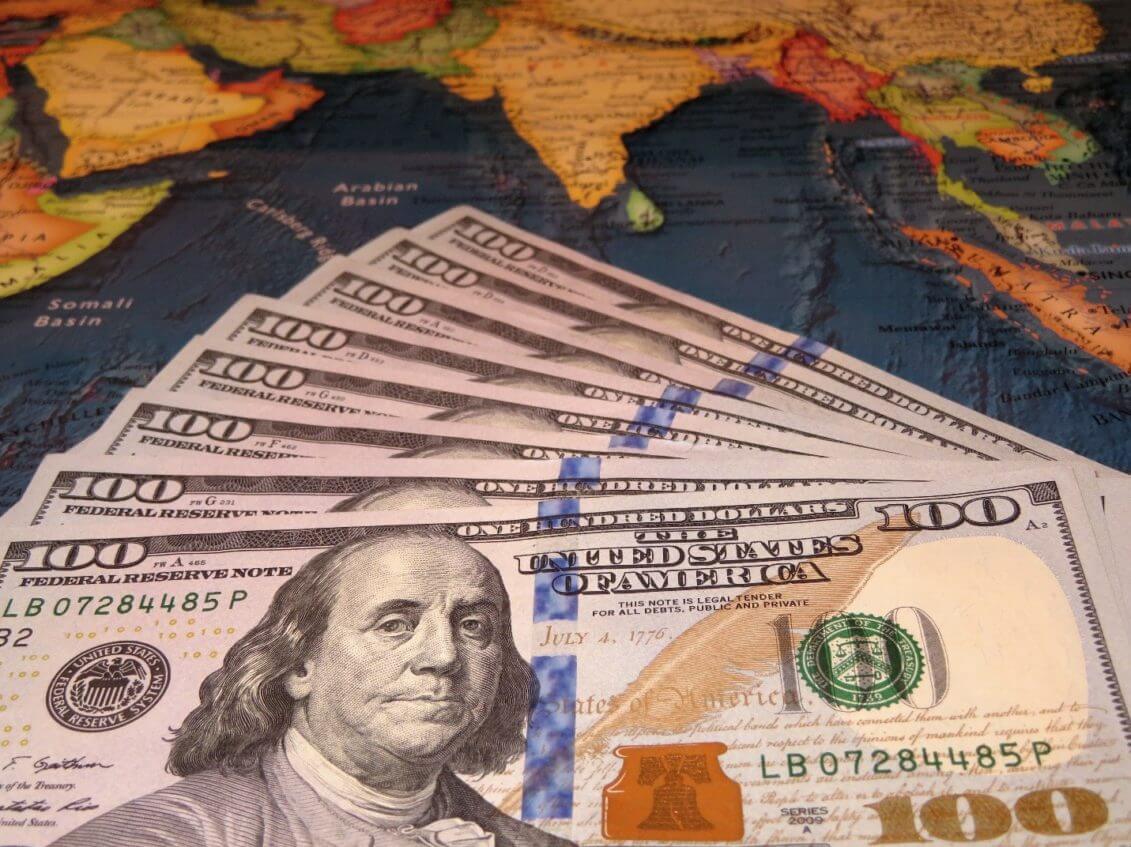On October 27, the U.S. dollar lost some recent gains against most of its major rivals. Robust regional economic data supported to offset worries about the second wave of Coronavirus infections in the U.S. Europe and Europe.
According to official data, profits at China’s industrial firms increased for a fifth straight month in September, and South Korea’s economy rose, which supported the yuan. The Chinese currency hit a seven-month peak.
The U.S. dollar dropped 0.1% against a basket of other currencies. Euro, yen and pound decreased by the same amount; however, the Australian dollar and New Zealand dollar dropped a little bit further.
According to Khoon Goh, ANZ’s head of Asia research, trade number in Asia have been recovering. Some countries reported positive year-on-year export raise, which is helping to offset worry about coronavirus outbreaks in Europe. He added that export-oriented currencies are outperforming in Asia.
The Canadian dollar also rebounded some of Monday’ pullback as the price of oil stabilised.
The region’s firm handle on the Covid-19, especially in North Asia was also a positive factor. While Japan, Singapore, South Korea and China posted fewer than a thousand new cases a day in October, reported Senior FX strategist a Maybank in Singapore, Christopher Wong.
That compares with the United States, Russia and France, all of which reached new records with tens of thousands of new daily Covid-19 infections this week.
Europe requires a severe acceleration in the fight against the Covid-19
On Monday, the World Health Organization official made a statement. In which Europe requires a severe acceleration in the fight against the Covid-19.
However, rising wariness about the U.S. presidential election kept a lid on massive currency movements. We know that the election is just a week away; therefore, many investors seem to have already figured out their positions.
Data shows long bets on the yen dipped for a fourth straight week last week, as investors wagered on a victory for Democrat Joe Biden, though short bets against the yen also fell.
According to FX strategist at Standart Chartered Bank in Singapore, Mayank Mishra, people are wary of putting off new positions given the event risk. He added that price action over the next week might remain choppy.
Moreover, the Taiwan dollar increased by 1% in Asia and reached more than the nine-year record. The Turkish lira reached a record low on Monday. This occurred amid a slew of geopolitical concerns and a surprise central bank decision to keep its policy rate on hold last week reverberates through markets.











